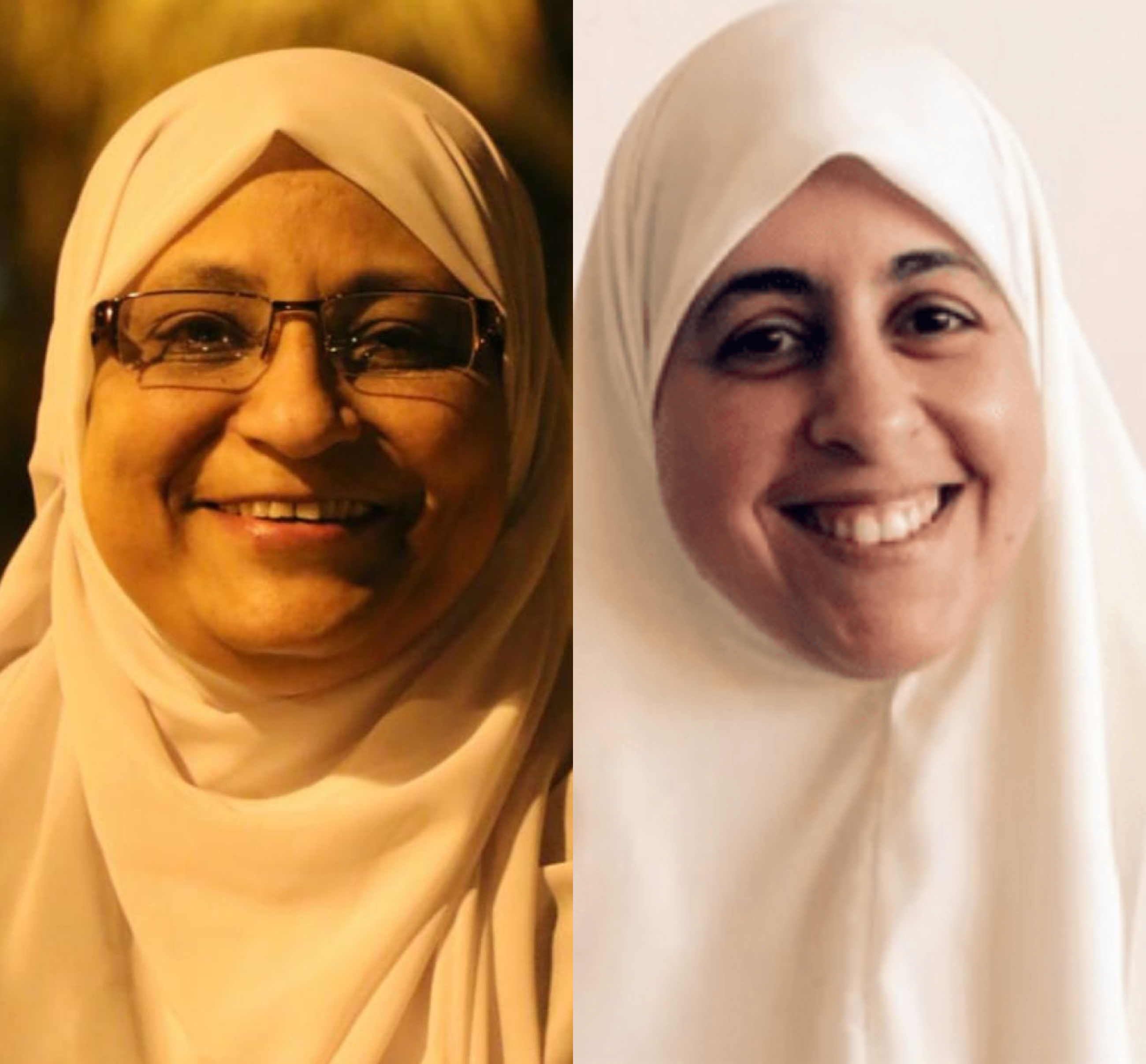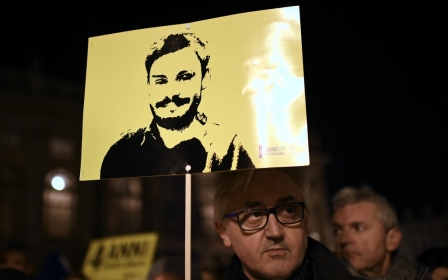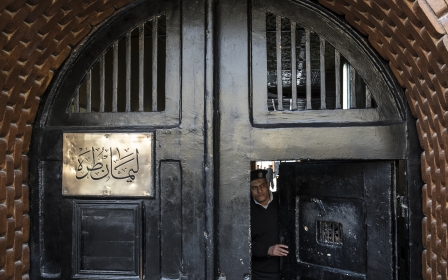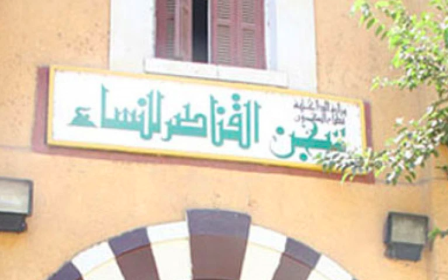Egypt urged to release two women whose pretrial detention has expired

The pretrial detentions of Egyptian lawyer and human rights defender Hoda Abdelmonem and political prisoner Aisha al-Shater have expired, Amnesty International has said, calling for their immediate release.
Abdelmonem and Shater had been arrested on 1 November 2018 and went missing until they appeared at the Supreme State Security Prosecution in Cairo a few weeks later on 21 November.
On Saturday, the two women completed two years in provisional detention, and therefore must be released, says Amnesty.
“Their detention has bypassed the absolute legal limit set forth by article 143 of the code of criminal procedures,” said Hussein Bayoumi, Egypt researcher at Amnesty International.
“That being said, their detention has always been unlawful,” he told MEE.
New MEE newsletter: Jerusalem Dispatch
Sign up to get the latest insights and analysis on Israel-Palestine, alongside Turkey Unpacked and other MEE newsletters
According to article 143, the maximum two-year limit is only applicable if the detainee was facing charges that could see them sentenced to death or life in prison. But if the detainees were facing charges in a felony punishable by less than life in prison, the maximum limit was 18 months, Bayoumi explained.
“We call on Egyptian authorities to release Hoda and Aisha, as their detention was arbitrary in the first place,” he said.
It is common for Egyptian authorities to continue to hold detainees even after the end of their pretrial detention period. Many had new cases brought against them with almost identical charges, in a practice referred to by rights lawyers as “recycling cases”.
Abdelmonem, 61, is a prominent human rights lawyer and activist who had a leading role in the 2011 revolution that ousted longtime autocrat Hosni Mubarak. She is a former member of the National Council on Human Rights.
Shater, 39, is a human rights activist and had been involved in activities in support of families of political prisoners prior to her detention.
The arrests came as part of a wave of detentions that targeted nearly 40 human rights workers in Cairo.
They were charged with “belonging to an organisation established contrary to the law” and “inciting to harm the national economy".
Life at risk
According to Amnesty International, officials at al-Qanater prison have denied Abdelmonem visits or other contacts with her family since her detention. Her relatives only saw her briefly on 18 July 2020, during a court hearing.
On 3 November, the African Commission for Human and Peoples’ Rights sent a letter to the Egyptian state urging it to allow temporary measures for Abdelmonem, in accordance with article 98 of the commission's rules of procedure, which entitles her to obtain urgent medical attention for fear of irreparable harm to her health.
The letter stated that Abdelmonem had been deprived of family visits as well as proper healthcare, even though she suffers from chronic deep vein thrombosis with high blood pressure and severe joint infections, which saw her health deteriorate further.
She also showed symptoms of angina which were not dealt with urgently and appropriately due to the absence of a specialised prison doctor, according to the letter signed by the chair of the African Commission, Solomon Ayele Dersso.
Likewise, rights groups have previously warned that Shater was at risk of premature death in prison due to her deteriorating health and lack of medical care.
Amnesty International reported in November last year that Shater was critically ill but was denied medical care.
Abdelmonem and Shater are among at least 60,000 political prisoners detained since President Abdel Fattah el-Sisi came to power in 2014 after leading a coup against his predecessor Mohamed Morsi.
Sisi has overseen a crackdown on critics from across the political spectrum, with thousands forced to live in exile and hundreds losing their lives in custody due to medical negligence, including Morsi.
Middle East Eye delivers independent and unrivalled coverage and analysis of the Middle East, North Africa and beyond. To learn more about republishing this content and the associated fees, please fill out this form. More about MEE can be found here.




